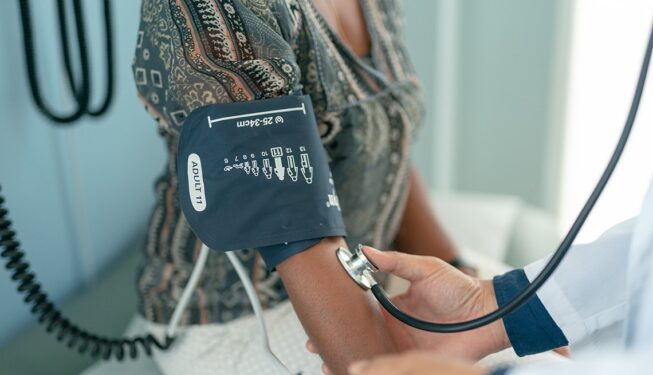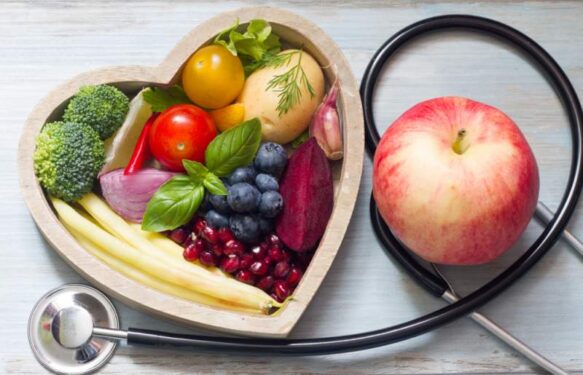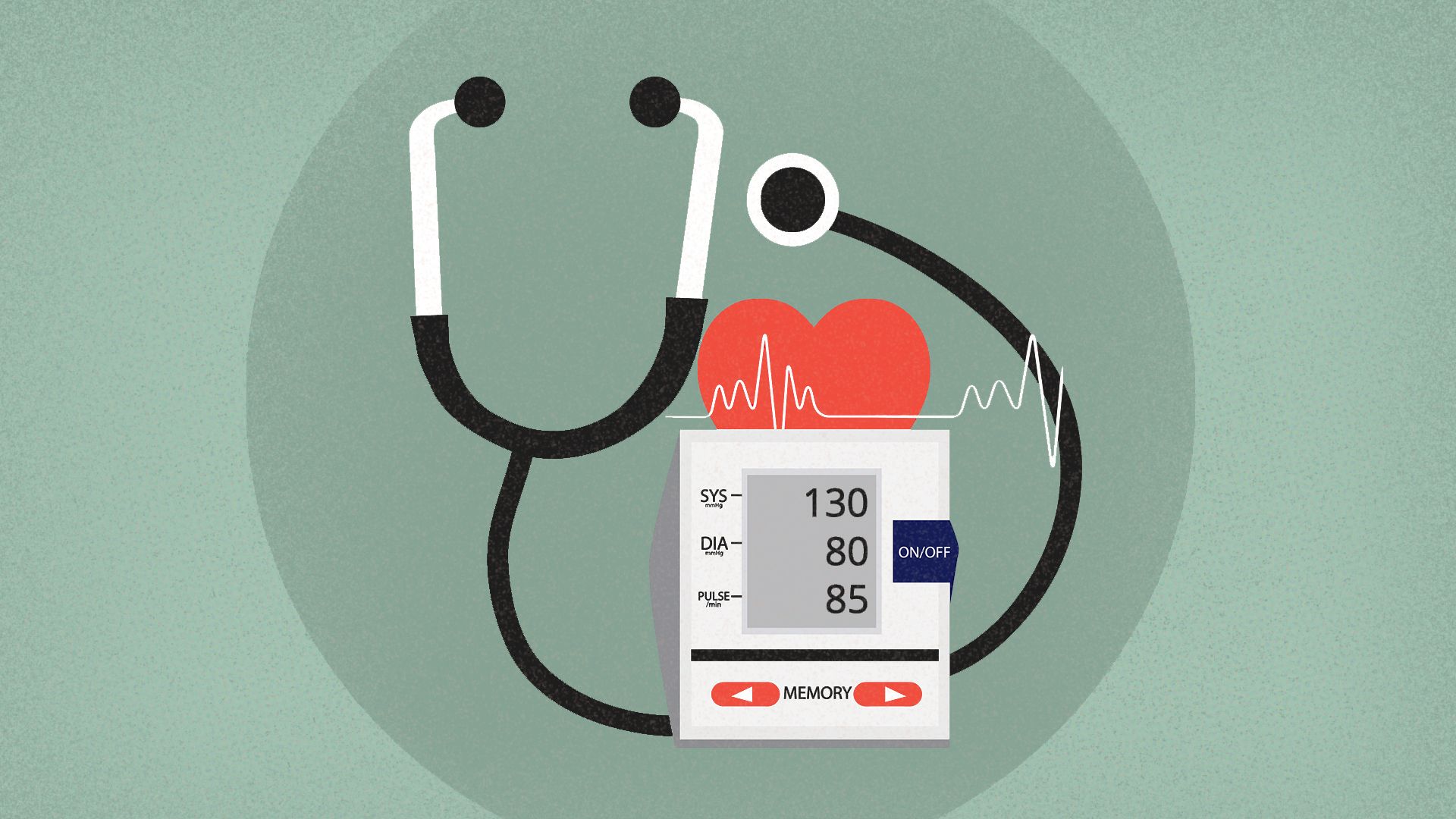THERE are many things that Malaysians love, among them food and public holidays, but there is another thing that many of us have in common, and that is hypertension. You heard that right—hypertension rates in Malaysia are so high that three out of 10 adults are affected by this chronic condition.

Unfortunately, in spite of this high prevalence, many do not take hypertension seriously and around half are not even aware of it because it is not associated with any noticeable symptoms.
“Hypertension, or high blood pressure, is known as the ‘silent killer’ because most people will feel fine in spite of it,” explained International Medical University (IMU) family medicine specialist Associate Professor Dr Verna Lee Kar Mun.
“However, ignoring it can lead to serious complications like stroke and organ failure, and once the warning signs set in, such as blurred vision, giddiness, chest pain and difficulty breathing, this means that complications are already happening.”
Risk factors for hypertension include a family history of the condition, obesity, a sedentary lifestyle and an unhealthy diet that is high in salt. If any of these apply to you, you could be at risk for developing hypertension.
Here are 3 things you need to do to help keep your blood pressure (BP) levels within a normal range and reduce your risk of complications.
1. Check, check, check your BP
Do not be afraid of getting your blood pressure checked. You should aim to have your blood pressure checked at least once a year even if you are in good health, advises Dr Verna. To simplify matters, get your blood pressure checked every time you visit your doctor, such as when you are having a cough or cold.
Even though blood pressure is temporarily raised when you are unwell, it is usually not enough to pass 140/90, explains Dr Verna, and only readings that are consistently above 140/90 in the absence of an illness would be diagnosed as having hypertension. This is why it is important to have your blood pressure checked regularly, whether at home or at the clinic, to give you and your doctor an idea of your normal blood pressure.
Meanwhile, those who are already diagnosed with hypertension should have a blood pressure monitor at home. You should speak to your doctor about how frequently you should check your blood pressure so that your doctor can review and take note of whether your condition is being well managed.
2. Be alert for things that could raise your BP

“Hypertension, which is increased pressure, occurs when blood vessels are constricted, which increases resistance. This forces the heart to work harder to increase volume and maintain sufficient blood flow to all the major organs.
“There are many reasons why this happens, chief among them being high salt intake, obesity and a sedentary lifestyle. However, while most people with hypertension are aware that they need to reduce their salt intake, get enough exercise and maintain a healthy body weight, there are also other, lesser-known things that contribute to elevated blood pressure,” said Dr Verna.
Among these are:
a. Secondary hypertension — Which is caused by other health conditions, the most common being obstructive sleep apnea (OSA), which usually affects people who are obese.
Other common causes of secondary hypertension are thyroid problems and chronic kidney disease, such as inflammation of the kidneys. The thyroid produces hormones that help regulate many functions in the body, including emotions, energy levels, appetite, sleep, heart rate and blood pressure.
b. Certain medications — Decongestants, which work by constricting blood vessels, and non-steroidal anti-inflammatory drugs (NSAIDs), which lead to the retention of salt and water, both increase blood pressure. While short-term usage of these medications is deemed safe, they are best taken with your doctor’s advice.
c. Dietary habits — Salt is the main culprit when it comes to hypertension. Most of us know that soy sauce and many gravies are high in sodium, but sometimes even foods that don’t taste very salty can have a high sodium content.
On a positive note, consuming more foods that are naturally high in potassium such as bananas, nuts and citrus fruits can help as this mineral helps the body regulate blood pressure levels.

3. Help your doctor help you manage your BP
Sometimes, patients are reluctant to be completely honest with their doctors, said Dr Verna.
Some are reluctant to mention that they are taking certain herbal supplements or traditional Chinese medicine, while others are afraid to admit that they have stopped taking their prescribed medications, often because they feel well or out of fear over side effects.
Being open about your overall wellness, family history of hypertension and lifestyle habits will help your doctor help you. For example, Dr Verna explained conditions like anxiety or depression that affect a person’s emotional state can also elevate blood pressure or make hypertension more difficult to control. While these conditions do not cause hypertension, it is important to seek treatment for them as well.
Your doctor can assist you in setting measurable targets using your blood pressure readings and help you plan for sustained weight management, both of which will support the action of any medications that are prescribed.
Dr Verna also reassured patients that there are different types or classes of medications available to treat hypertension, and should a patient experience any side effects such as allergy, cough, erectile dysfunction, headache, swelling or water retention, their doctor can recommend alternatives.
Lastly, she cautioned hypertensive patients not to become complacent just because they feel good.
“Doctors cannot predict what kind of complications you might develop, so being diligent about controlling or managing your blood pressure levels is essential, in addition to keeping yourself in good health by eating a balanced diet, getting enough exercise and maintaining a healthy body weight.” — May 11, 2023
Main photo credit: Everyday Health









